Parents and educators are always looking for ways to give their children an advantage in an educational environment that is becoming increasingly competitive. One of the best yet frequently neglected strategies is music training. Learning to play a musical instrument can significantly improve a child’s academic performance, according to numerous studies. Learning music can boost academic performance in children. Music is a powerful tool and the benefits of music in the classroom are innumerable. It helps with all areas of a child’s development, including fine and gross motor skills, language and literacy, social-emotional, and more.
How to do it:
Enhances Cognitive Skills
A few brain areas, including those responsible for thinking, memory, and spatial-transient abilities, are linked to learning music. Children learn sophisticated cognitive processes through reading music and playing an instrument, which improves their ability to solve issues in other areas like science and arithmetic. It has been demonstrated that music enhances memory, learning, and cognition, all of which help pupils do better academically. The good news is that formal music education is not required. According to one study, the advantages of even regular, unofficial music-making are on par with or even higher than those of reading.
Music creates memories. This means that by tying teachings to upbeat tunes and rhythms, you can improve pupils’ concentration and retention of the material. For this reason, you should include music education in your lesson plans as a teacher.
Add a song to whatever lesson you’re teaching to aid in pupils’ memory retention. Learning to sing the alphabet is arguably the most well-known instance of music-based teaching.
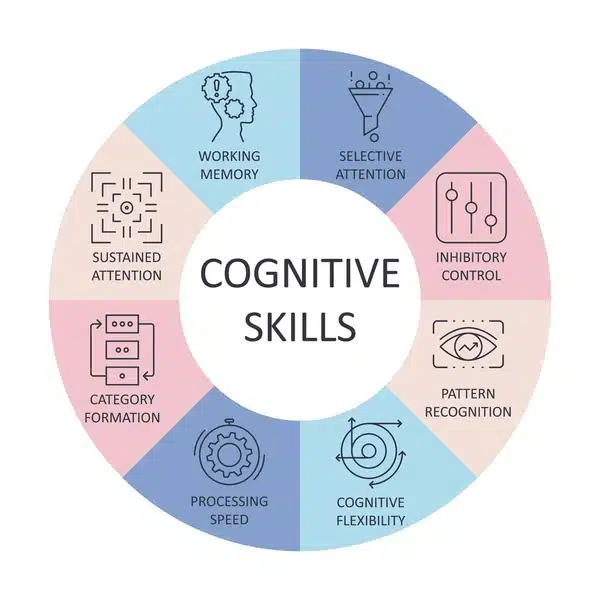
Improves Language Skills
Music instruction further develops language advancement. At the point when kids draw in with music, they are presented to beat, examples, and phonetics, all of which assume a basic part in language procurement. Students who participate in music programs frequently achieve higher reading and writing proficiency scores than their peers.
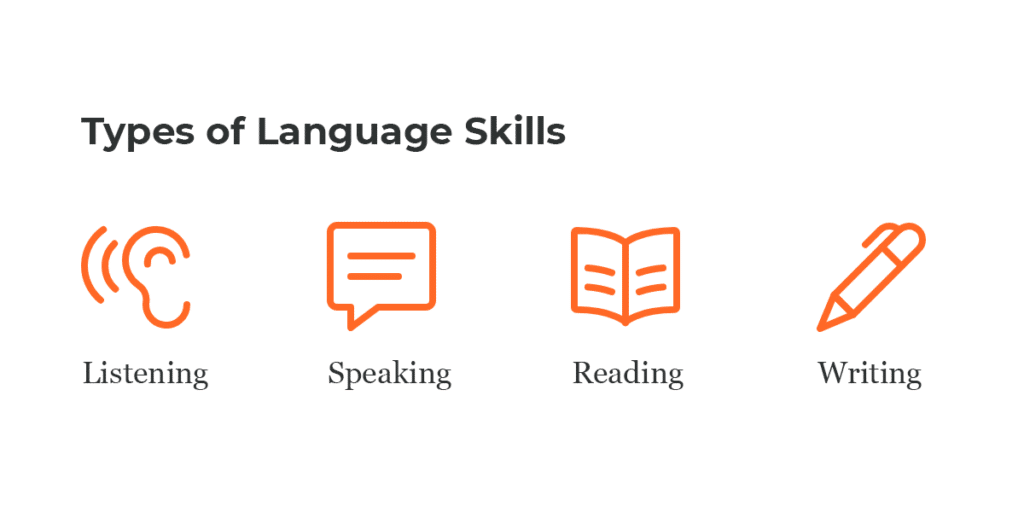
Boosts Memory and Concentration
Figuring out how to play an instrument requires huge retention and concentration. Children must concentrate on their performance while simultaneously remembering notes, rhythms, and finger placements. Their capacity to concentrate and remember information in the classroom naturally improves as a result of this practice. One of the best things about using music in the classroom is that it doesn’t require your children to be able to read music, play an instrument, or comprehend all of the lyrics.
They can just dance, snap, and clap in time with a song or melody. Their innate desire to move to music will aid in the development of their gross motor skills and coordination. Everyone, after all, is born with a natural sense of rhythm, which starts when a newborn feels the beat of their mother while still within the womb. A variety of drums, xylophones, tambourines, shakers, and other instruments are also excellent for fostering the development of fine motor skills in toddlers.
Just keep in mind that the goal of providing your kids with these instruments is not to teach them how to play them, but rather to expose them to music education and help them develop their motor skills in an enjoyable way.

Promotes Discipline and Time Management
Music examples require customary practice and responsibility. Kids figure out how to make opportunity for training, foster discipline, and deal with their timetables. When it comes to finding a balance between their academic pursuits, extracurricular activities, and social life, these skills are crucial for developing a strong work ethic.
Encourages Teamwork and Social Skills
Numerous music programs include bunch exercises, like band or ensemble, where youngsters should cooperate to make amicable music. This cooperation advances collaboration, relational abilities, and social association — abilities that are urgent for bunch activities and homeroom support. Anne Pick and her colleagues discovered in 1994 that early exposure to music improves a baby’s capacity to recognize sounds, their origins, and the differences between different instruments.
This raises the question of whether a baby’s exposure to music has deeper impacts on their cognitive development or if this capacity is based just on experience—the youngster could recognize these distinct sounds because they had heard them previously.
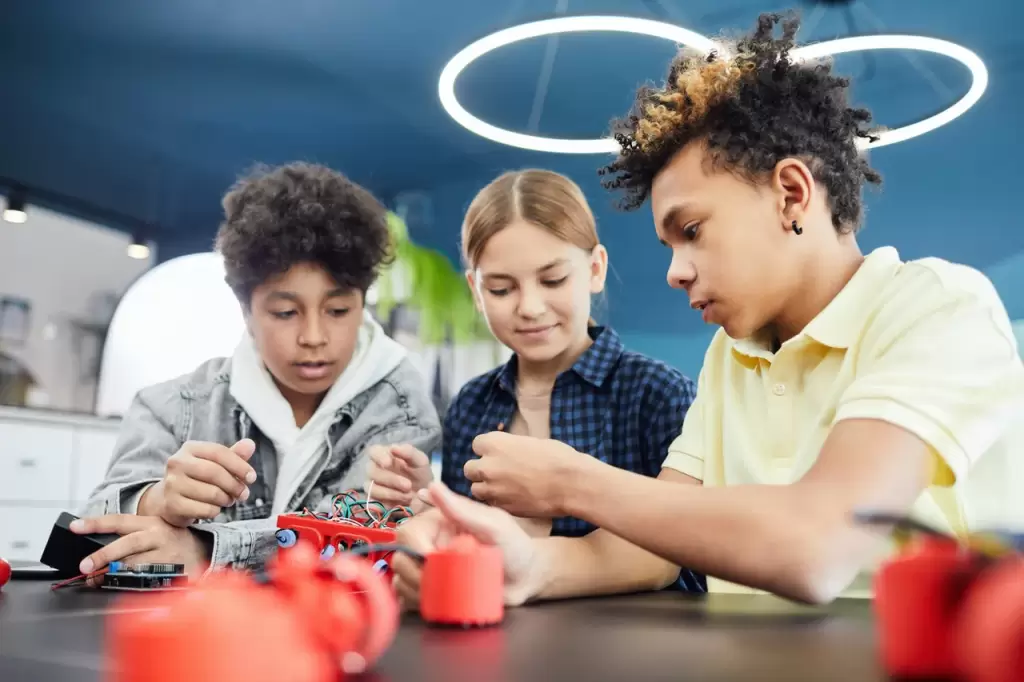
Reduces Stress and Anxiety
Listening to music can be an excellent stress reliever. Playing an instrument has been shown to reduce anxiety and improve emotional well-being in studies. A more settled, more engaged kid is bound to perform better scholastically, as they can move toward their investigations with a positive outlook. Music is, first and foremost, a mood enhancer. It can improve our emotional, mental, and physical wellbeing, according to research. It has also been demonstrated to enhance a patient’s quality of life and medical results. Music helps reduce stress and has a relaxing impact on children’s health.
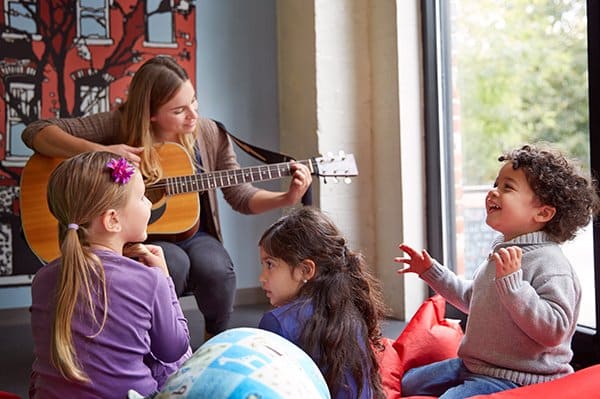
Fosters Creativity and Critical Thinking
Music energizes innovativeness, permitting youngsters to investigate their creative articulations. This creativity extends to other areas of education, encouraging novel ways of thinking and solving problems. Children who are creative thinkers often have a better chance of succeeding in science and math classes.
Conclusion:
The benefits of learning music go far beyond being able to sing or play an instrument. Music helps children develop cognitive, deep, and interactive skills, which enhances their academic performance overall. In addition to developing your child’s musical ability, taking music lessons teaches them important life skills that will benefit them both in and out of the classroom.
At Orchestra Music Academy, we’re dedicated to giving kids a top-notch music education that will develop their love of music and improve their academic performance. Join us now to witness your child’s academic and musical success!
We are offering music courses for children in Arcadia, Piano and Violin Lessons in Woodland Hills for Children, and Piano and Violin Courses for Children in Glendale. Contact us and get yourself enrolled.
